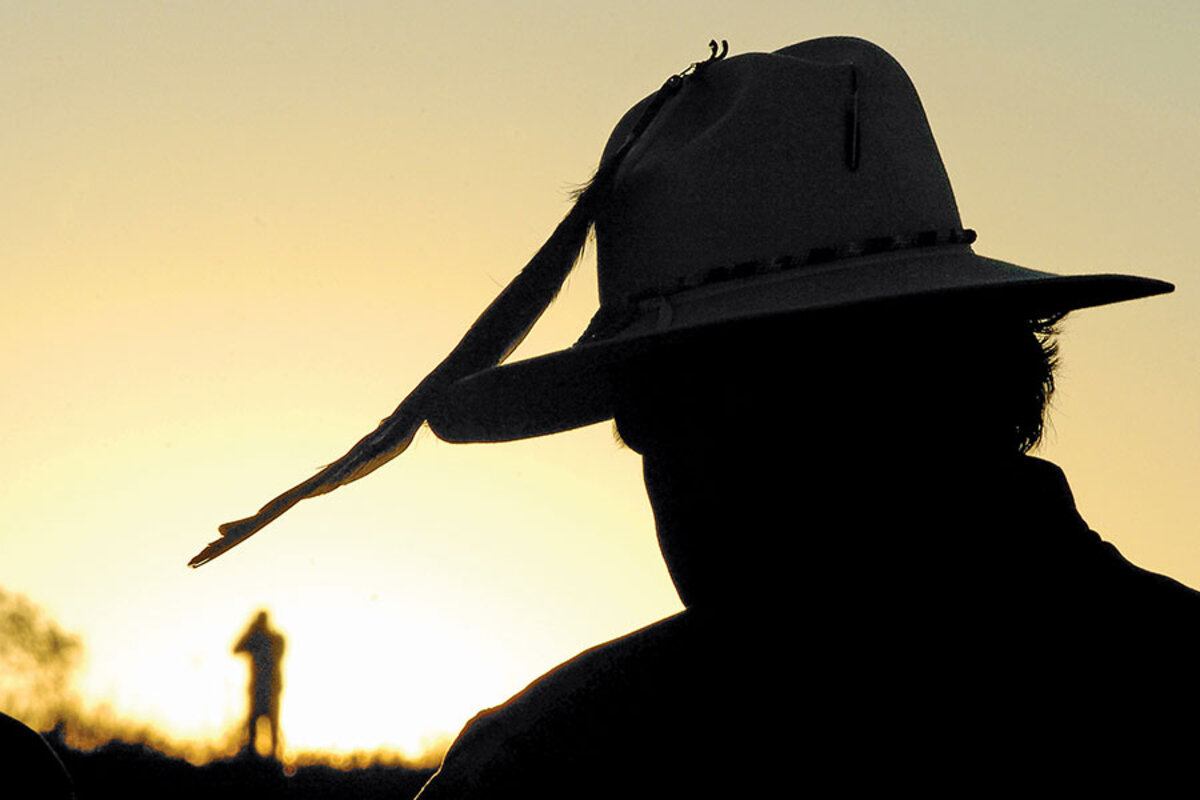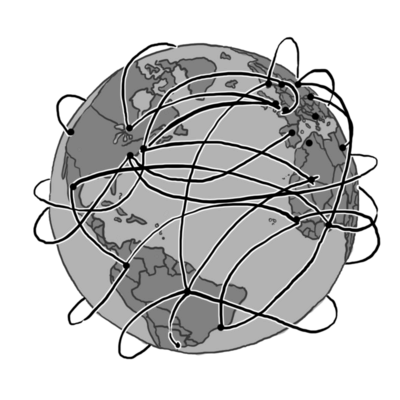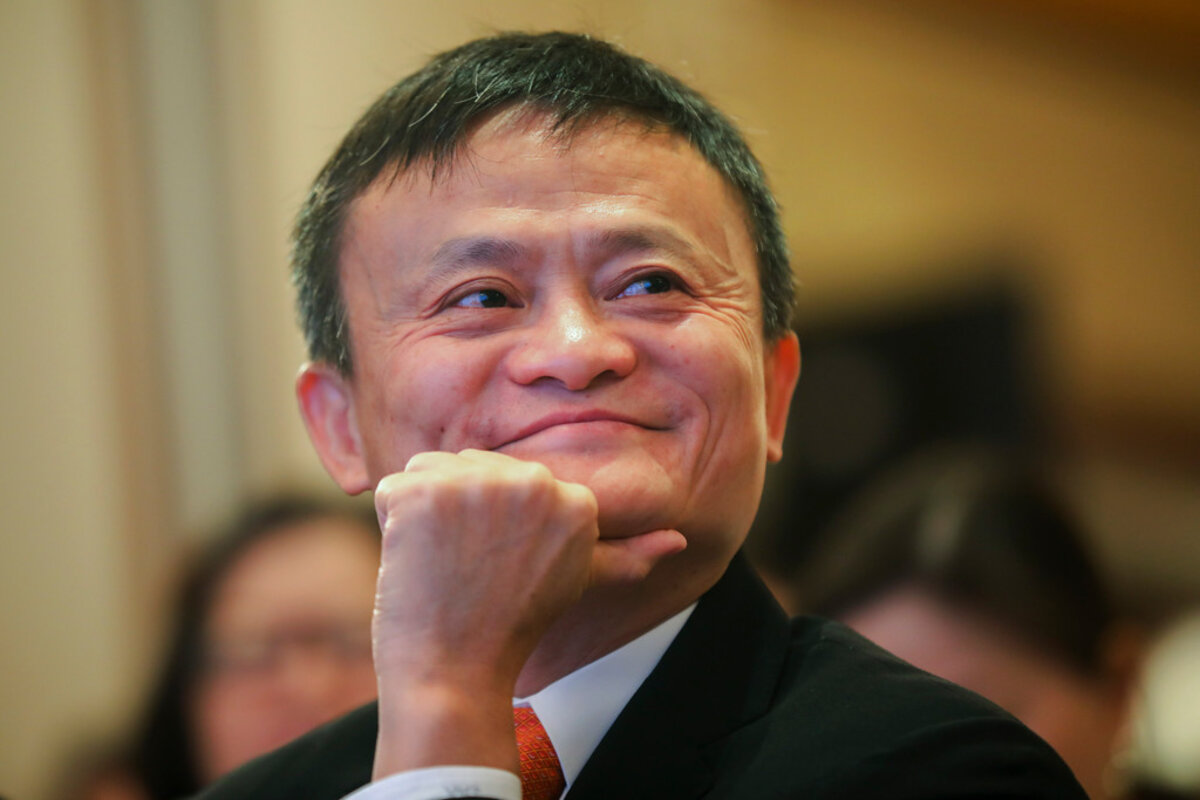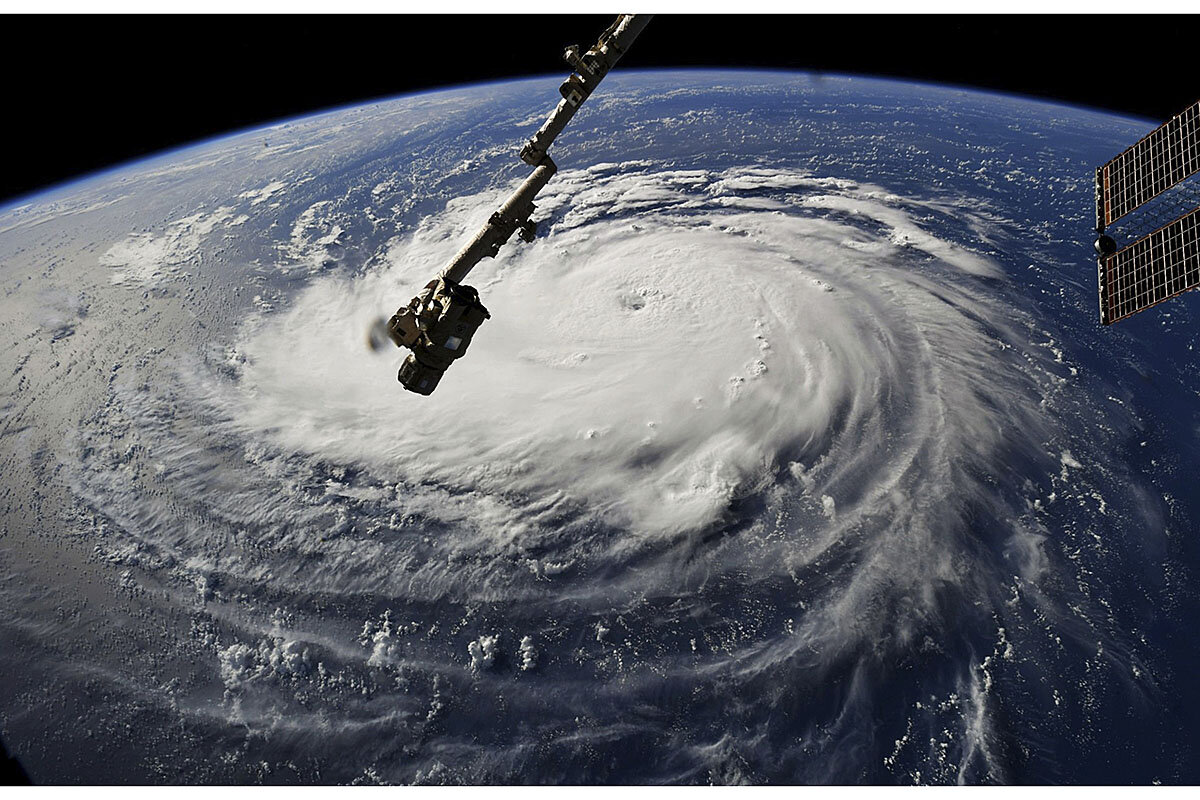A Supreme Court case may veer into Native American sovereignty and state control over people and resources. Fundamentally, it’s about different perceptions of justice, and finding common ground.
Monitor Daily Podcast
- Follow us:
- Apple Podcasts
- Spotify
- RSS Feed
- Download
 Amelia Newcomb
Amelia Newcomb
Last weekend underscored several shifts in long-held perspectives.
In progressive Sweden, people are grappling with the anti-immigrant, anti-EU message many voters sent Sunday. Some 84 percent of Swedes gave each of the two centrist political blocs about 40 percent support. But the far-right Sweden Democrats pulled in 17.6 percent – a jump from its 2014 share of 12.9 percent. Now, amid what could be a protracted struggle to form a government, politicians must acknowledge the fallout from 2015, when Sweden took the most, per capita, of some 1.6 million migrants who surged into the EU.
In Afghanistan, the issue is talking with the enemy and whether anyone can win on the battlefield. Deadly violence crescendoed Sunday, underscoring the gaps in official narratives in the 17-year war. The Taliban control or contest more territory than they have since 2001. But a fresh narrative is emerging: Defense Secretary James Mattis met Friday with President Ghani about moving toward peace talks with the Taliban.
A brighter shift came in Japan. It enthusiastically embraced Naomi Osaka, who beat Serena Williams Saturday to become the first Japan-born tennis player to win a Grand Slam title. Why is that noteworthy? Her mother is Japanese and her father is Haitian-American. Three years ago, when Ariana Miyamoto, a half-Japanese, half-black contestant, was crowned Miss Universe Japan, critics grumbled she didn’t look truly Japanese. But yesterday, one older woman told The New York Times that “I think Japanese society is changing to become more generous.”
Now to our stories for today, several of which challenge current thinking about land rights, prisoners' rights, and venerable cultural symbols.











